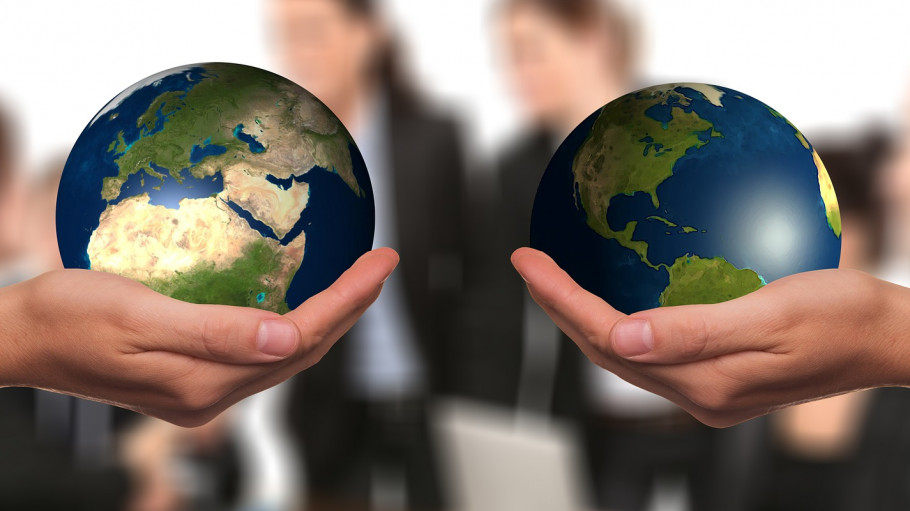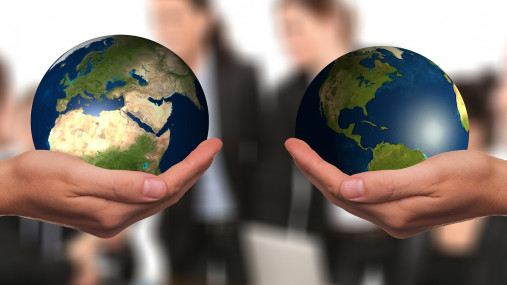
Press releases » Council position on ETS one step forward but leaves questions on energy costs, investment and jobs open, says EUROFER
Council position on ETS one step forward but leaves questions on energy costs, investment and jobs open, says EUROFER
Downloads and links
Recent updates

Brussels, 01 July 2022 – The upcoming negotiations on the EU Emissions Trading System and the Carbon Border Adjustment Mechanism need to enable industry’s decarbonisation and make the green transition a true success story. EUROFER, which represents the EU steel industry providing 310,000 direct jobs and 2,2 million indirect jobs, calls upon the EU institutions to work for a balanced compromise in the final text. The Council, with the adoption of its position, made progress towards a smoother phase out of free allocations for industries in transition to carbon neutrality, but several issues still need to be fixed.
“The final text needs to ensure that higher climate ambition is achieved cost effectively and with strengthened protection against leakage of CO2 emissions, investment and jobs to countries outside the EU. For this, we need a cautious transition from existing carbon leakage measures to a carbon border adjustment with a structural solution for exports, benchmark rules reflecting the gradual transition to new technologies and the recognition of upstream emissions from ferro alloys in stainless steel imports. Additional costs for businesses and households from removing large amounts of CO2 certificates from the market through rebasing and Market Stability Reserve should be avoided”, said Axel Eggert, Director General of the European Steel Association (EUROFER).
The positions adopted by the European Parliament and by the Council, while acknowledging partially some of the issues for the successful decarbonisation of the steel industry, still fall short of securing the necessary progress on the ETS and CBAM files to safely land the green transition.
“For our more than 60 green steel projects to be deployed, we need to take investment decisions now. We still do not have, nor will have access to enough and affordable renewables and green hydrogen available any time soon, as no adequate infrastructure exists yet in the EU. In this very volatile economic, energetic and geopolitical situation, the steel industry needs to rely on an enabling regulatory framework to accelerate the green transition”, stressed Mr. Eggert.
The 60 low carbon projects of the steel industry have a CO2 emissions potential abatement of 81.5 million tonnes per year by 2030, equal to around a 2% cut of the overall EU emissions. For the steel sector, this represents a 55% cut compared to 1990 levels, in line with the EU Fit for 55 target. They require a capital investment of €31 billion and at least €54 billion in operational expenditure.
Contact
Lucia Sali, Spokesperson and Head of Communications, +32 2 738 79 35, (l.sali@eurofer.eu)
About the European Steel Association (EUROFER)
EUROFER AISBL is located in Brussels and was founded in 1976. It represents the entirety of steel production in the European Union. EUROFER members are steel companies and national steel federations throughout the EU. The major steel companies and national steel federation of Turkey and the United Kingdom are associate members.
The European Steel Association is recorded in the EU transparency register: 93038071152-83.
About the European steel industry
The European steel industry is a world leader in innovation and environmental sustainability. It has a turnover of around €125 billion and directly employs around 310,000 highly-skilled people, producing on average 153 million tonnes of steel per year. More than 500 steel production sites across 22 EU Member States provide direct and indirect employment to millions more European citizens. Closely integrated with Europe’s manufacturing and construction industries, steel is the backbone for development, growth and employment in Europe.
Steel is the most versatile industrial material in the world. The thousands of different grades and types of steel developed by the industry make the modern world possible. Steel is 100% recyclable and therefore is a fundamental part of the circular economy. As a basic engineering material, steel is also an essential factor in the development and deployment of innovative, CO2-mitigating technologies, improving resource efficiency and fostering sustainable development in Europe.

Brussels, 02 July 2025 – The 90% climate target proposed today by the European Commission demands an unprecedented transformation of EU society and industry in just 15 years. The European steel industry is already doing its part, but a viable business case for the transition is still lacking. To enable it, the EU needs to implement the Steel and Metals Action Plan much more decisively, delivering a highly effective trade protection against global overcapacity, access to internationally competitive low carbon energy and scrap, and a watertight CBAM, says the European Steel Association.
How global overcapacity is destroying European industries
European Steel in Figures 2025 is EUROFER's statistical handbook, laying out in an easy-to-use format the key statistics and data about the performance and footprint of one of Europe's most important strategic sectors